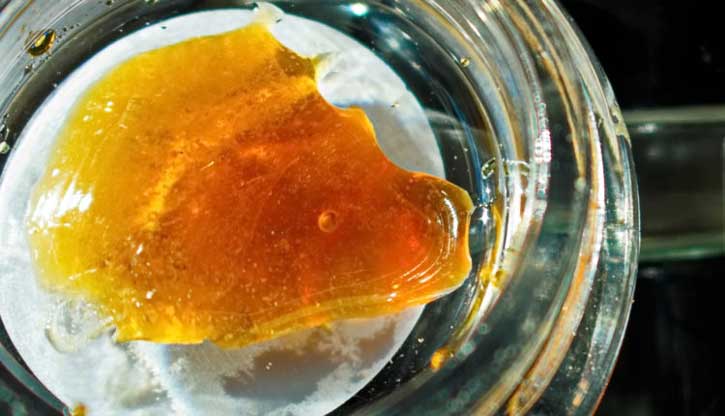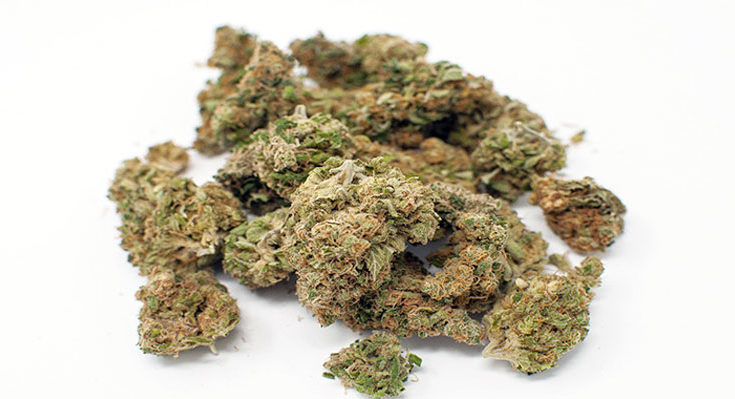Despite adult use of marijuana becoming legal in Arizona starting Nov. 30 and those previously convicted allowed to expunge their crimes, local police are still citing adults for simple possession and paraphernalia.
By Jon Johnson
SAFFORD – The voters of Arizona have spoken regarding pot, now someone just has to tell the police.
Proposition 207 passed by more than 650,000 votes (60 percent for to 40 percent against) this past election, legalizing the recreational use of marijuana (cannabis) and its resin. The law will go into effect once Arizona canvasses its vote.
Arizona counties have until Nov. 23 to complete their canvasses and submit final vote counts to Secretary of State Katie Hobbs.
Arizona’s election results are then slated to be canvassed as a state on Nov. 30. At that time of certification, the proposition will then become law, and – as far as the state of Arizona is concerned – adults 21 and over will be legally allowed to possess up to an ounce of marijuana/cannabis with no more than five grams being in concentrated form. Adults will also be allowed to grow six plants at their home, with no more than 12 plants if more than one adult resides at the same location.
That bit about concentrated form is important as the law currently considers concentrated forms of marijuana as a “dangerous drug.” This includes cannabis wax or “shatter”, which is smoked and concentrated forms found in edibles, which is a delivery method often utilized by those who either don’t smoke or use it for medicinal purposes.

On Wednesday, Thatcher Police Chief Shaffen Woods told the Gila Herald that his department would continue to cite people until the law goes into effect or prosecutors otherwise direct them.
“We have been long forming these cases to prosecutors and citing and releasing them for some time now,” Woods said. “We will continue to do that until the law goes into effect or we receive direction from prosecutors on how they would like us to proceed.”
Safford Police Chief Glen Orr advised his department has been doing the same as Thatcher and will continue under the same parameters.
On Nov. 9, the Maricopa County Attorney’s Office issued a statement advising that all pending and unfiled charges of possession of marijuana and any associated paraphernalia that has been brought to them will be dismissed.
“Instead of continuing to spend resources on these cases, this office will begin implementing the will of the voters immediately,” the release stated.
The office advised its attorneys would file motions to dismiss any charge covered by Proposition 207 with priority given to cases with court dates and those in custody.
On the same day of that release by the Maricopa County Attorney’s Office, a Safford Police officer pulled over a driver for failing to stop at a stop sign and issued violations against him for possession of a dangerous drug and drug paraphernalia after cannabis wax and a multicolored cannabis smoking device was found in the vehicle. Due to the new law taking effect and the ability of those with past marijuana possession crimes being allowed to expunge their convictions, it is extremely unlikely that the Graham County Attorney’s Office will file any charges against the driver for marijuana possession or drug paraphernalia.
The driver did not have a valid driver’s license, however, and could have been given a citation for driving without one. But the officer instead only issued the drug violations and allowed the passenger – who did have a valid driver’s license – to drive them away.
The new law also affects DUI-drug cases for marijuana and while driving while impaired to the slightest degree is illegal, simply having the marijuana metabolites in one’s system will no longer be justification for a DUI-drug charge and some sort of impairment must be shown. That can be done through field sobriety tests, observations from an officer with drug recognition training, or erratic or inattentive driving.

While no charges against the driver are likely, the officer did confiscate the cannabis wax and smoking device and placed it in the evidence storage area at the police department.
While the recreational use of marijuana is legal in 15 states and medical use is allowed in 35 states, the federal government still lists it as a Schedule I drug and its use remains federally illegal. However, the Rohrabacher-Farr amendment passed in December 2014 prohibits federal prosecution of individuals who comply with state medical cannabis laws. It has to be renewed each year to remain in effect.
The Pima Police Department and Graham County Sheriff’s Office and Graham County Attorney’s Office have not responded to the Gila Herald’s request for comment regarding how they will proceed given the new law.









